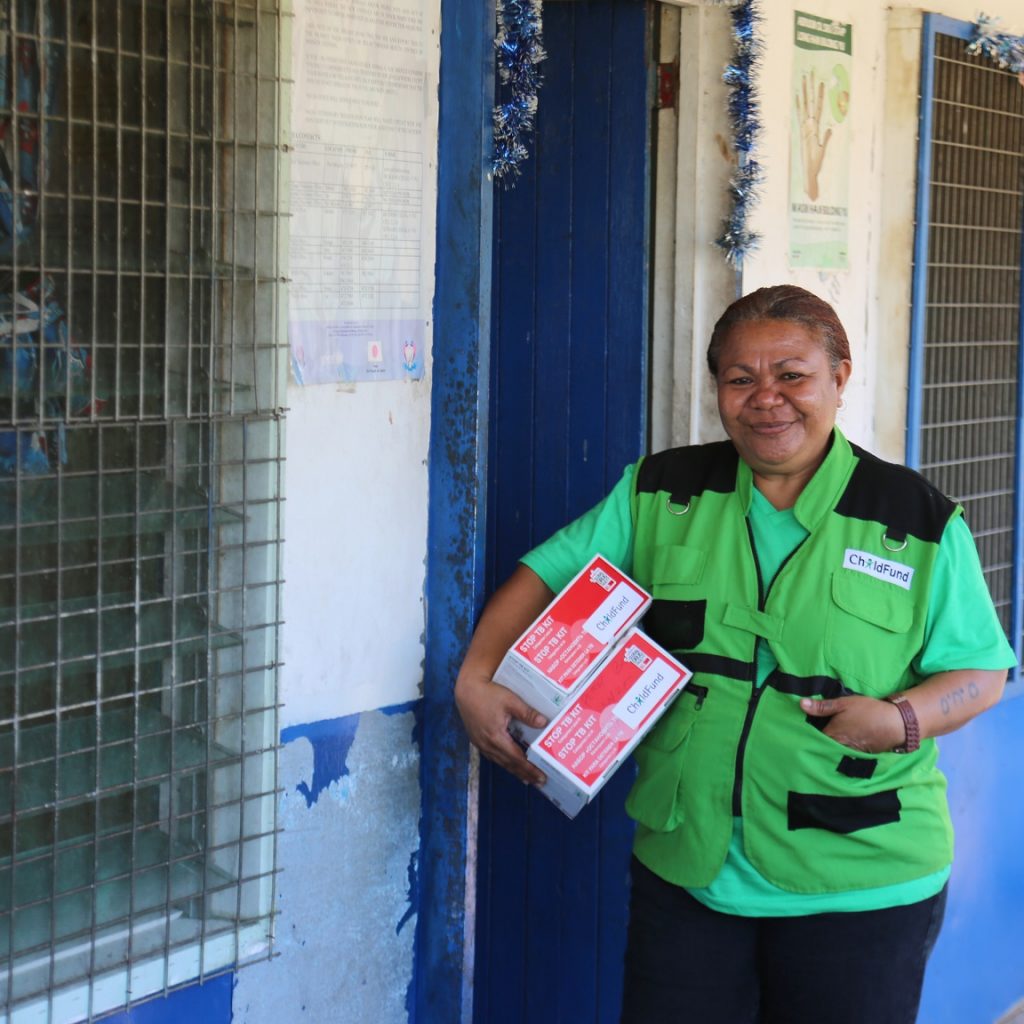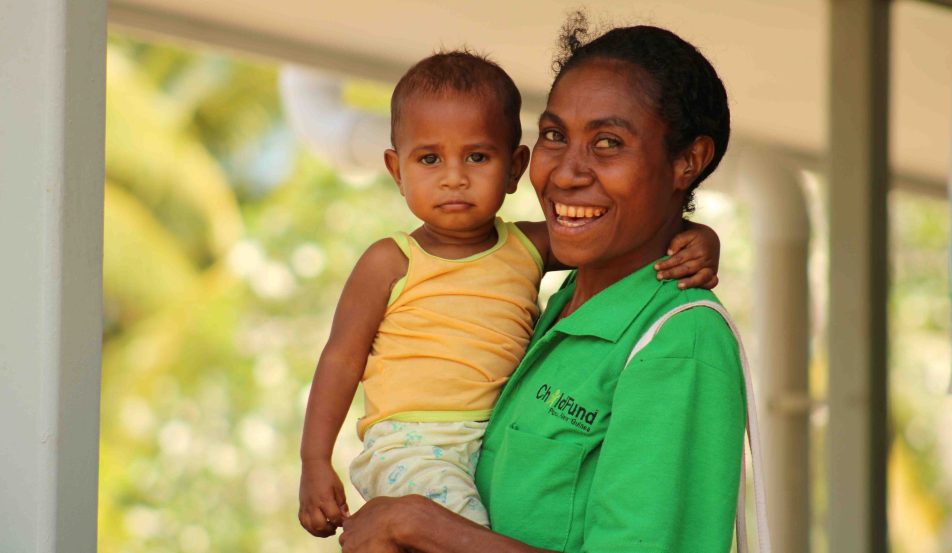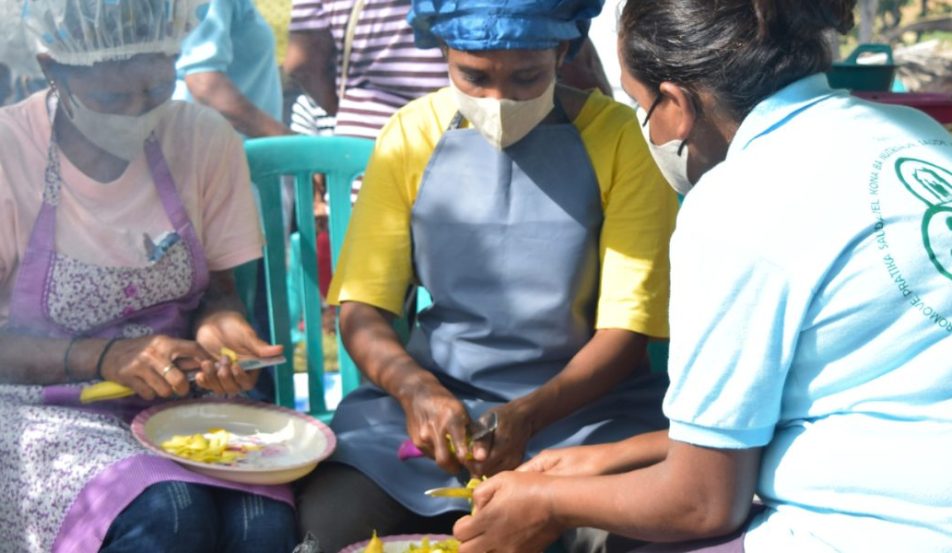World Tuberculosis Day
Today is World Tuberculosis (TB) Day. Every year ChildFund Australia marks the occasion by raising awareness about one of the world’s deadliest infectious diseases. TB has devastating health, social and economic consequences for people around the world – but particularly for the world’s most vulnerable children and young people.
Every day around the world, 4,100 people die from TB and one in 10 people with it is a child.In Papua New Guinea, the rate of infection is one of the highest in the world.

We caught up with Olive Oa (pictured left) ChildFund Papua New Guinea Health Program Manager, to hear how they are continuing to support children and young people to access vital health services to diagnose and treat TB.
What is the current TB situation in PNG?
Papua New Guinea experiences extremely high rates of TB across the country, particularly when compared to the rest of the world. This is largely due to lack of access to health care and low rates of immunisation.
In the Central Province, TB is still very common in the communities and health centres we work in. Here, there are 15 health centres that diagnose and support patients who test positive for TB. All 15 health centres have at least one staff trained to care for and manage TB patients. ChildFund works in six health facilities in the surrounding area.
What is CFPNG doing to address these issues?
We set up a genetic testing machine to test for Tuberculosis in Bereina, Kwikila, and Porebada. In Bereina, the testing machines run on solar power.
We have trained 60 TB Treatment supporters across the six communities to support patients who have been diagnosed with TB and provide them with the right treatment. After an individual is diagnosed with TB, they are sent home and their closest treatment centre is notified so they can continue to access care and medication.
Many of those working at the treatment centre are trained community health volunteers.
What progress has been made since starting these activities?
We have continued to ensure that these testing centres are operational, even during the COVID-19 pandemic. At the Bereina Health Centre, we set up a standby generator that can provide electricity when solar power isn’t available. We are also planning for a refresher training for the Kairuku District Health workers to provide more information about treating TB.
What challenges is CFPNG facing in treating TB?
In my experience, there are several major challenges that we face. Firstly, many of these patients come from very remote village in the communities we work in. The roads are so bad that cars cannot access them for weeks at a time. Also, people with suspected TB often wait until they are very sick before they reach out for help meaning their treatment is delayed. Finally, although the community health volunteers provide good support, they are often under-resourced as we don’t have enough funds to support this work.
What is ChildFund doing next to support individuals with TB in PNG?
We need to improve the capacity of health workers at every health centre. Right now, 80% of the health work force is community health workers. All health facilities undertaking TB work should be supported with the right training, communication and solar power that can provide basic microscopy testing, lighting, and electricity.

































